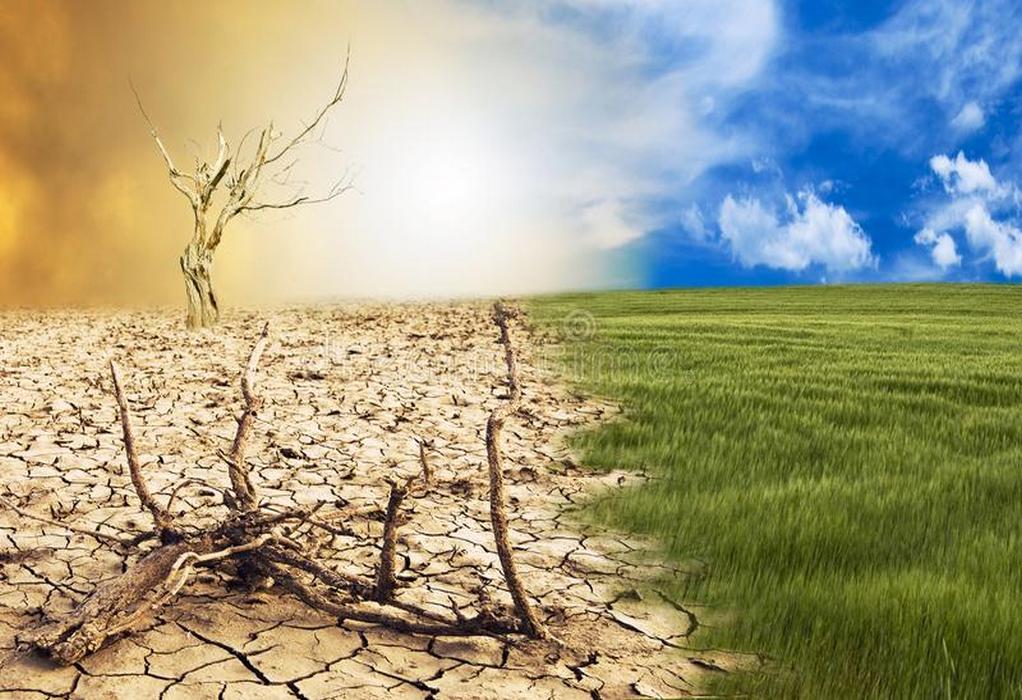Decades of progress in human health and well-being is at risk of backsliding as the as the world warms faster than “at any point in recorded history,” according to a multi-agency report.
The health sector is in need of tailored climate information and services in the face of the challenges posed by increasingly severe weather, deteriorating air quality, emerging infectious diseases, and food and water insecurity, according to a report by the UN World Meteorological Organization (WMO) and World Health Organization (WHO).
The report also quoted WHO chief Tedros Adhanom Ghebreyesus as underlining that, with collaboration, high-quality climate services could be made more accessible to the health sector.
According to the report, nearly three quarters of national meteorological and hydrological services provide climate data to the health sector, while less than a quarter of health ministries have a health surveillance system that utilizes meteorological information to monitor climate-sensitive health risks.
The report projects a total of 560 medium- to large-scale disaster events happening annually by 2030, equivalent to three events every two days.
It forecasts that countries with inadequate early warning systems will experience mortality rates eight times higher than those with larger-scale schemes in place.
“Climate change undermines health determinants and increases pressures on health systems threatening to reverse decades of progress to promote human health and well-being, particularly in the most vulnerable communities,” it said, adding that 50% of future additional deaths due to climate change were projected to occur in Africa.
Stressing that extreme heat causes the “greatest mortality” of all extreme weather, it said heat-related mortality could be 30 times higher than what is currently recorded.
However, heat warning services are provided to health decision makers in only half of the affected countries, the report found.
It said heatwaves exacerbate air pollution, already the fourth leading cause of death and estimated to cause 7 million premature deaths per year.
Food insecurity is another threat that climate change is augmenting, according to the report, as is the spread of many weather-sensitive infectious diseases, such as dengue fever, which is the fastest-spreading vector-borne disease globally.
Also, the transmission period for malaria has extended in certain areas of the world, it noted.
Despite these risks, climate action is still underfinanced in the world, leaving populations exposed to risk, the report also underlined.
“There is insufficient investment to improve the capabilities of the health sector, leaving it ill-prepared to safeguard the most vulnerable,” it warned.
Tags: Climate Change, UN Report, WHO, WMO



Recent Posts
Yinson GreenTech and RMS Marine Partner to Advance Marine Electrification in Singapore
Two Damen Combi Freighters Launched for Fast Lines Belgium in China
Viking Line Unveils Concept for World’s Largest Fully Electric Passenger-Car Ferry
Denmark and India collaborate to establish CoE in green shipping
World Shipping Council Marks World Ocean Day with $150 Billion Commitment to Decarbonisation
Chartered Speed expands its electric mobility footprint in Arunachal Pradesh
PSA International joins Global Centre For Maritime Decarbonisation as a strategic partner
MPA and NYK Group Advance Collaborative Efforts on Maritime Autonomous Surface Ship Trials